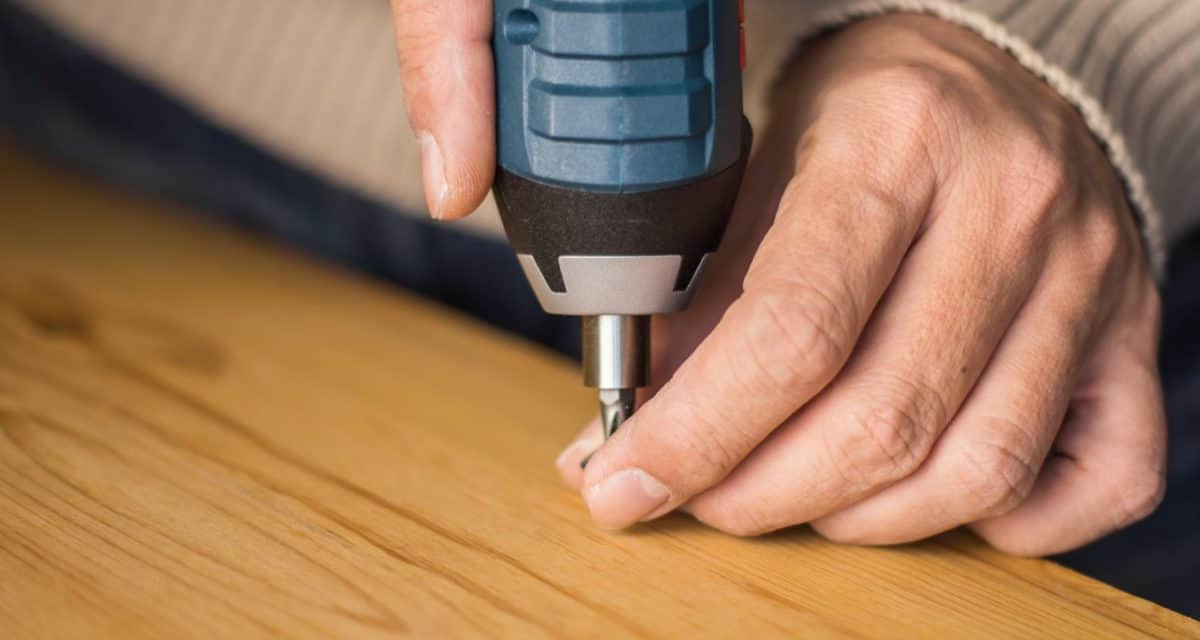- The Connection Between Hearing Loss and Dementia - July 30, 2024
- The Advantages of Rechargeable Hearing Aids - July 16, 2024
- How to Enjoy Music Festivals While Protecting Your Hearing - July 3, 2024
The dangers of hearing loss are all too often underestimated. What starts as subtle communication issues can quickly escalate into rifts in relationships, chronic depression, social isolation, loneliness, cognitive decline and a heightened risk of falls and accidents leading to hospitalizations. Because hearing loss is irreversible, it’s important to do what we can to protect our hearing now.
Noise induced hearing loss is one of the most common causes of hearing loss which affects people of all ages. The intensity or volume of sound is measured in decibels and any decibel level higher than 85 dBA can permanently damage hearing. It’s not just the level of sound but length of exposure. At 85 dBA it takes 8 hours of constant exposure. However, as the decibels rise the amount of time it takes for damage to occur. At 95 dBA damage occurs only after less than an hour of constant exposure and at 105 damage occurs in around 15 minuets. You may be surprised that some of the sounds we are exposed to daily may be loud enough to damage your hearing and have not even given it a second thought. Let’s explore common sounds that could be damaging your hearing.
Target shooting/hunting
As of fiscal year 2020, more than 1.3 million Veterans were receiving disability compensation for hearing loss, and more than 2.3 million received compensation for tinnitus, according to the Veterans Benefits Administration compensation report. This is due to exposure to explosions; aircraft take offs and gun fire. For those of us who like to shoot guns for hunting and target practice, we are just as much at risk. Did you know that most guns emit decibel levels between 140 to 175 decibels? Just one shot can damage your hearing instantaneously. It’s important to wear the proper ear protection whenever you fire a gun. There are several types of hearing protection which let quiet sounds in so you can hear a voice or the crunching of leaves as a deer walks through the forest but blocks out loud sounds which could cause instant lifelong damage.
Live concerts
There is nothing like seeing music performed live! It’s the thrill of the crowd, the performers and everyone enjoying the music all at once. When a show is excellent it creates a sense of unity in the audience. However, it’s important to be aware of the decibel levels. Have you ever left a loud concert with ringing in your ears? This is tinnitus and signifies damage to hearing. While tinnitus usually fades shortly after the conference the damage will remain and become more apparent later in life. Live concerts can emit sounds ranging from 110 to 130 decibels and this isn’t just for amplified music. Classical music can be just as damaging depending on your proximity to the stage. Make sure to bring hearing protection to the next live performance you attend and perhaps you’ll set a trend!
Athletic events
It’s thrilling to attend a professional sporting event, however, like live music the swell of the crowd when the preferred team scores, the anouncers and triumphant music blasted across the stadium quickly can lead to decibel levels which range from 90 to 140 decibels. The Guiness Book of World Records reports that the loudest game in history is currently a 2014 Kansas City Chiefs game where the roar of the crowd reached 142.2 decibels.
Home renovations
Its so fulfilling to invest in your home and fix it up but be carful when using tools. Professionals know the danger of heavy duty power tools they use on the job. Most invest in custom fitted hearing aids to reduce decibel levels from 15- 33 dBA. That is enough to protect you from most industrial tool sounds which range from 90 to 112 decibels. This includes shop vacs, sanders, and table saws which over hours can build up contributing to lasting hearing damage.
Gas-powered lawn equipment
For a lot of us living a busy life means getting your steps in while mowing the lawn. It’s nice to be outside and nice to get things done all at once. However, gas-powered lawn equipment, such as mowers and blowers, emit noises ranging from 80 to 100 decibels. If you listen to headphones while mowing, then the decibel sound is even higher and more dangerous. Be sure to wear hearing protection any time you take care of your lawn.
Protecting your hearing
If you suspect you have hearing loss, don’t delay in scheduling a hearing exam with us today!

